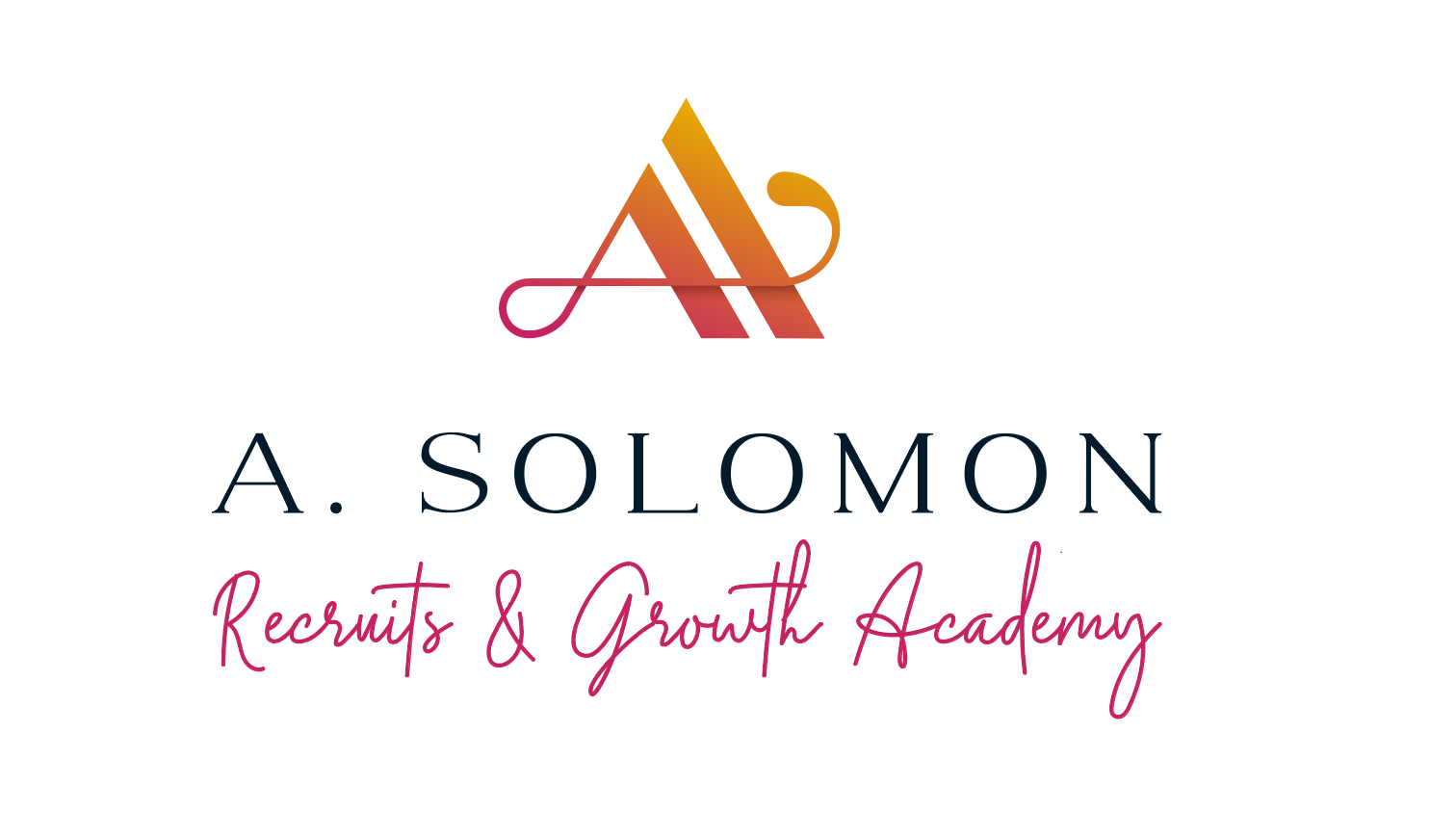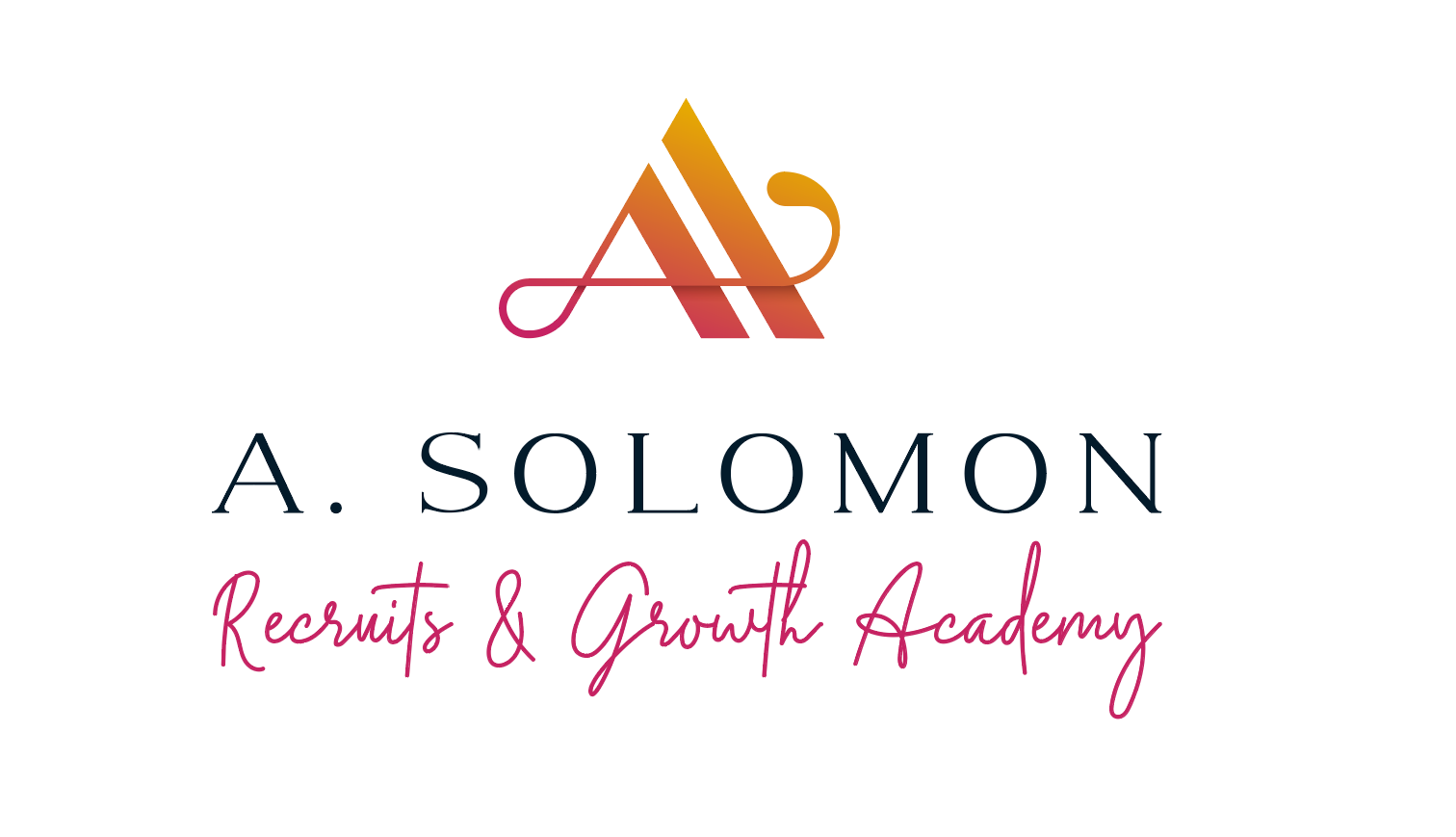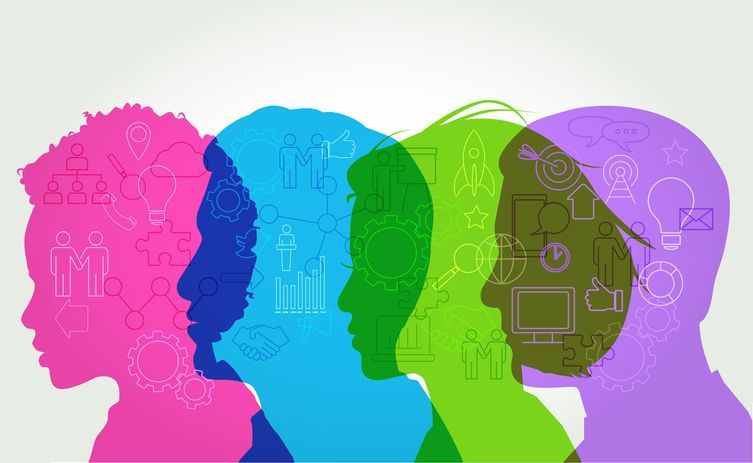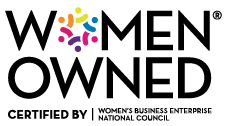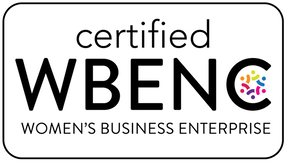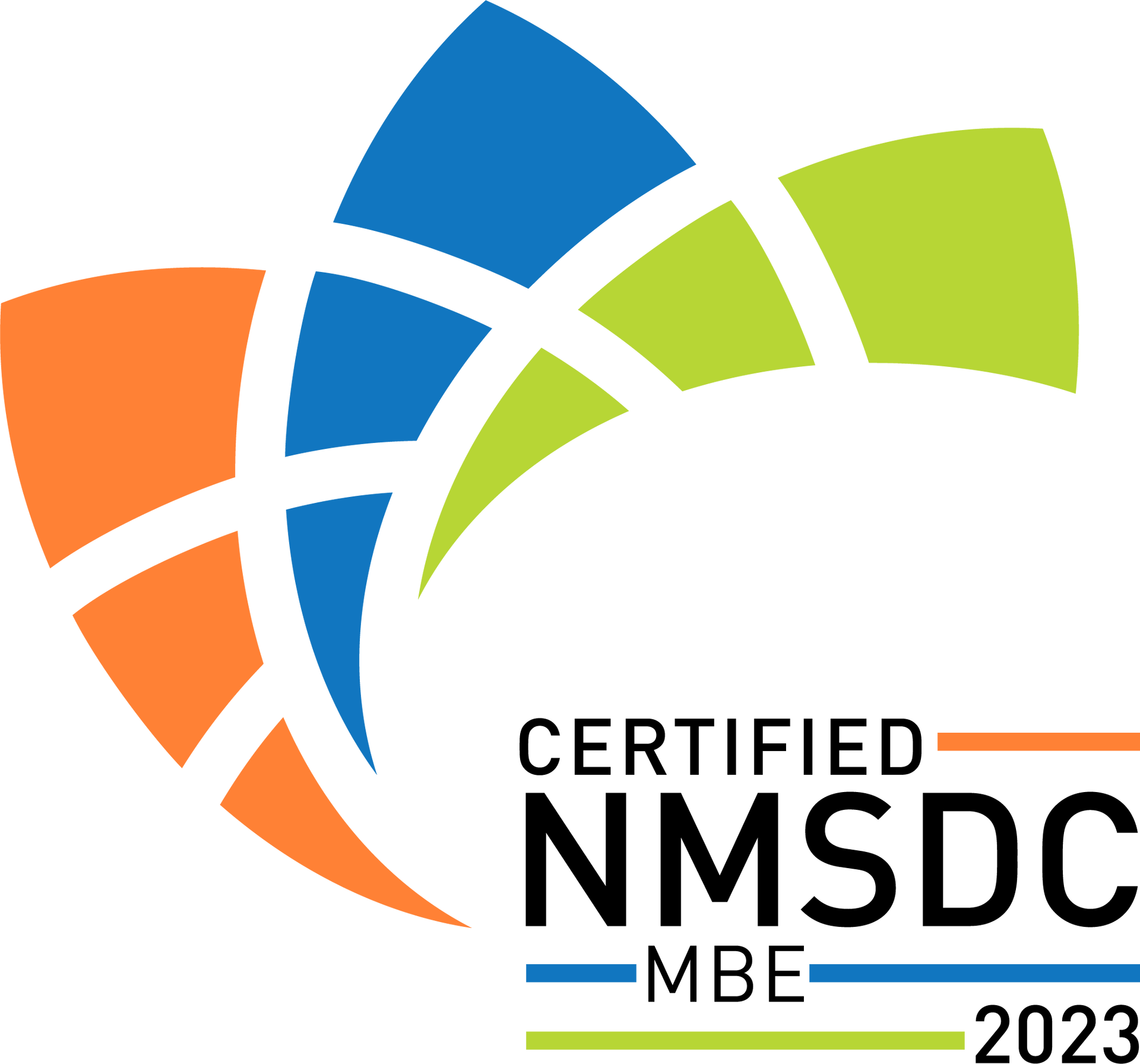Emotional Tax is More Like Emotional Toll For Black Women in the Workplace
Despite talk of increased equality and respect, black women continue to endure untenable workplace conditions. Having to closet creative statement, safeguard true beliefs and keep constant watch erodes the soul; it compromises our queendom. This is nothing new for black women. ‘Emotional tax’ is the term tokened as the spirit gatekeeper for plenty of us that work in places that are unwelcoming and often times hostile. It is with our guard up that we conduct our day to day duties and are expected to do a superlative job, all while working against invisible (and often visible) forms of hostility and obstruction.
They call it an emotional tax. I believe it's more than a 'tax'. It's a 'toll', and the effects are staggering. Black women have to endure not only racial but also gender insensitivity, which takes a tremendous toll on our physical and psychological well being. Countless articles have been written on this but the question remains: how do you, as HR professionals, hiring managers and leaders nip this in the bud? The statistics show glimmers of advancement, but no substantial change in corporate America.
According to a study by Catalyst.org called Day-To-Day Experience of Emotional Tax, women of color are 24% more likely to be on guard because of their gender and racial bias. 89% of us aspire to be influential leaders and obtain high ranking positions. 88% of us have intellectually challenging and stimulating work. 90% of us remain loyal to their companies and stay regardless of the drama and invisibility. The point is the numbers are high with respect to the quality of our work, performance and creative abilities, but the workplace drama takes an emotional toll, which in turn leads to intentional quitting and unintentional firings. This toll has wrecked plenty of black women's potential to move within the ranks of traditional companies, not to mention hindering companies’ ability to retain great talent.
Nope, there’s nothing new here. We remain on broken-record alley as we talk about these issues. History tells us that we serve at our best as Mamies, Maids, sexual beings for breeding purposes and men's pleasure. There hasn't been room for black women to be seen as anything else until very recently, as the result of more and more of us battling through and proving our success can't be contained or defined by others. We are succeeding in all walks of industry. But we must understand that historical context has long infiltrated traditional workplaces and spaces, often creating unsafe, toxic and stifling environments for black women. If there is one thing I can recommend, advice, even implore you to do, it’s to take a look within and make actionable changes to rid companies of biases, invisibility and pay inequity.
Black women are the most educated demographic in the United States, yet we sit on little to no boards, are often the "only ones" in c-suite roles, and the majority of us work in spaces foreign to who we are and what we stand for. Forced to grin, bear it, and act as if we don't see what's happening around us is demoralizing and ultimately takes a toll on our spirit. It forces us to question ourselves, ditch intuition and second guess our work. The toll and second-guessing forces our hand to entrepreneurship, like I myself decided 14 years ago. While this can lead to market place innovation, companies would be remiss to overlook the fact that they are letting talent go simply because they haven’t looked within, interrogated their systems, and made actionable steps to change the workplace culture.
We are seeing a continued exodus of black women to do their own thing because of the toxic workplaces, colleague, boss experiences and working hard while making nothing or being passed over for promotions. This must stop and it would serve Corporate America to re-examine how they choose to deal with us outside of unconscious bias classes and days of understanding.
You may say that these issues surely can’t be as bad as I’m claiming they are. Here’s a little story to make my point: just the other day, a black woman executive told me she found nail clippings on her office desk when she arrived at work Monday morning. She was forced to leave because of the bombarding of inhumane treatment. This is despicable, still happening, and below us as a society. We need to be more responsible in the hires we make (companies) and the hires that we place (recruiters) beyond the front doors. We need to be more responsible from beginning to end. Black women have proven time and time again to be a workplace force to be reckoned with. Let us not let the emotional 'toll' continue to take a 'toll'.
We are better together!
I AM someone who sees incredible potential in places most people don't think to look. As an owner of a diversity staffing boutique, my team and I walk alongside our Clients in creating professional environments that are truly for ALL. I believe in our interconnectedness as a human race and strive every day to use my gifts to empower the workplace’s invisible and powerless. I rarely bet on certainty and always root for the underdog because, after all, those are the best stories to tell.
Hi there! Thanks for reading! Follow Angela Solomon on her social profiles! | LinkedIn: /ASolomonRecruits | Facebook: @ASolomonRecruits | Instagram: @A.SolomonRecruits | Twitter: @AS_Recruits | Pinterest: @AS_Recruits

